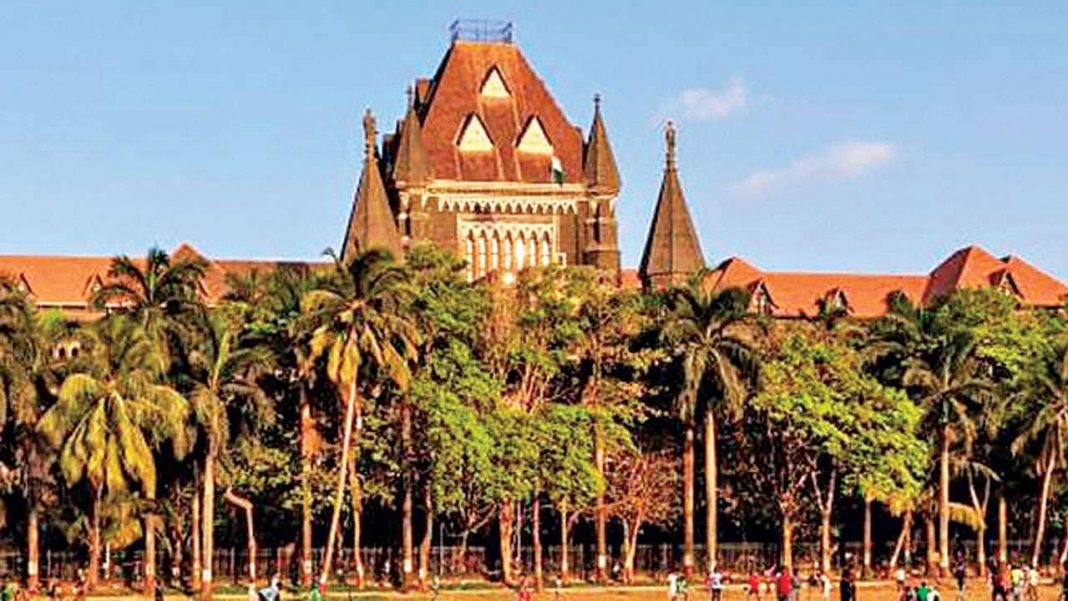The Union government has apprised the Bombay High Court that amendments to the Information Technology Rules in 2023 did not prohibit any expression of opinion or critical analysis against the government, but were introduced solely with the intention to rein in false news.
Appearing for the Ministry of Electronics and Information Technology (MeitY), Solicitor General Tushar Mehta said on Tuesday that humour or satire against any democratically-elected government, whether liked by the dispensation or not, was always welcome.
Stating that humour or satire could not be proscribed, the SG contended that the government was only concerned with false facts going around, coupled with the fact that it was dealing with anonymous media.
He ruled out even the ‘remotest possibility’ of any humour, comedy or satire coming under this regulation, unless the same contained abuse, obscenity or pornography.
The SG told the Division Bench of Justice G.S. Patel and Justice Neela Gokhale that the Rules had been framed taking into consideration the fundamental rights of five stakeholders – the internet user, the intermediary, the recipient, the government and the public at large.
He said the Rules of 2023 neither contained penal provisions, nor they criminalised anything. They only regulated the content and resolved disputes between the sender of content and the aggrieved person, added the law officer.
The SG made the submission in response to petitions filed by stand up comic Kunal Kamra, the Editors Guild of India, the Association of Indian Magazines and the New Broadcast and Digital Association against amendments to the Information Technology (Intermediary Guidelines and Digital Media Ethics Code) Amendment Rules, 2023.
The SG said the Rules provided for formation of fact check units (FCUs) and the petitioners have specifically challenged Rule 3, which empowered the FCUs to identify and tag what it considered ‘false’ or ‘fake’ online news with respect to government’s activities.
As per SG Mehta, the parameter for the FCUs was that the content relating to government business had to be patently false, fake & misleading, and it did not hit satire or humour.
Explaining the procedure in which the content was expected to be regulated by the FCU, the law officer said that when the FCU flagged content to the intermediary, it has three options – first, to take it down; second, not take it down but put a disclaimer that the content has been flagged and three, ignore the communication by FCU.


